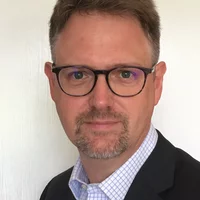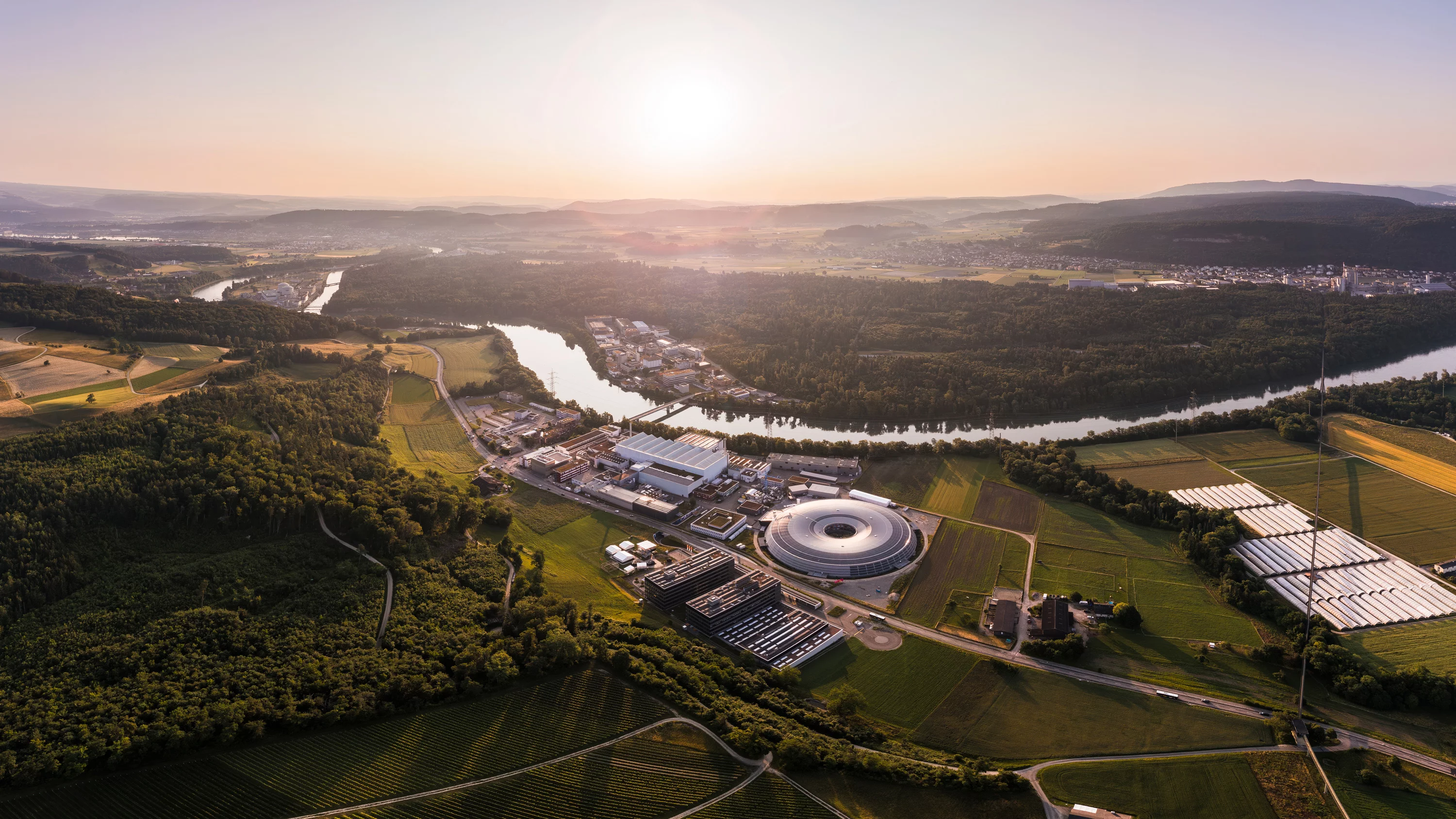How will we live in the future? What technologies will we use? How will we secure our energy supply? How will we tackle the climate crisis? How do we advance the future of health?
Top international research in Switzerland
With 2,300 employees and an annual budget of CHF 450 million, PSI is the largest research institute for natural and engineering sciences in Switzerland. It is the central location of Switzerland's large research facilities. As part of the ETH Domain, PSI is a key pillar of the Swiss research landscape and conducts cutting-edge research in the fields of future technologies, energy and climate, health innovation and the fundamentals of nature.
Globally unique large research facilities
PSI develops, builds and operates highly complex particle accelerator-based large research facilities. These are available to both science and industry. Researchers from Switzerland and all over the world apply for measurement time at PSI's large research facilities, which are unique in this combination worldwide. Around 3000 guest researchers from Switzerland and around the world use PSI's large research facilities for their research every year.
Engine for the economy and innovation
PSI strengthens the innovative power of Switzerland as a business location: Swiss companies exploit the research results of PSI commercially, benefit from the collaboration in the development of new technologies or use the unique facilities for their own research. By founding spin-offs, PSI also transfers its latest scientific findings directly into the economy. It is an important employer and driver of innovation in the region.
Incubator for the next generation of specialists
PSI produces highly qualified specialists for science and industry, whose commitment in this challenging and fascinating environment lays the foundation for exceptional careers. Around a quarter of PSI employees are postdoctoral researchers, doctoral students or apprentices.
Targeted cancer therapy with protons
PSI operates the only facility in Switzerland for the treatment of specific cancers with protons. This particularly gentle procedure makes it possible to destroy tumours in a targeted manner and leave the surrounding tissue largely undamaged.

